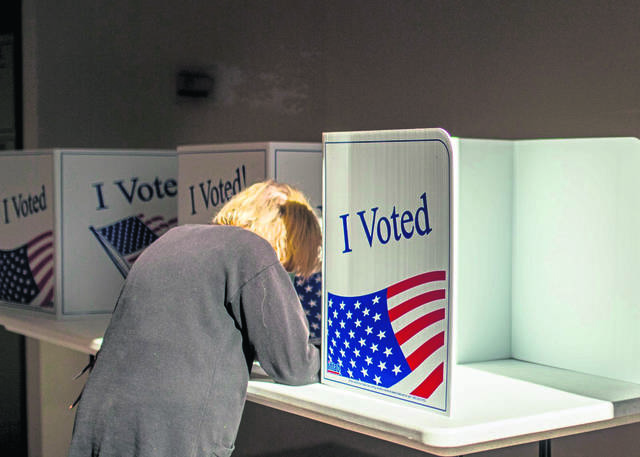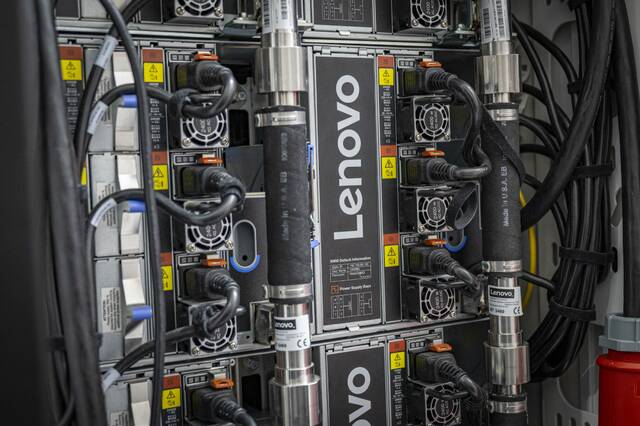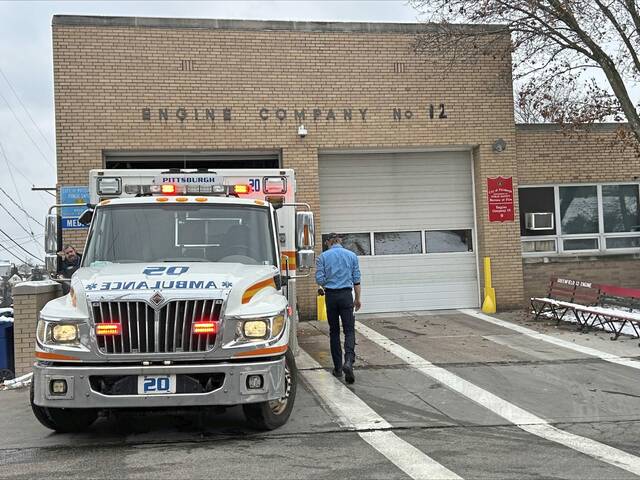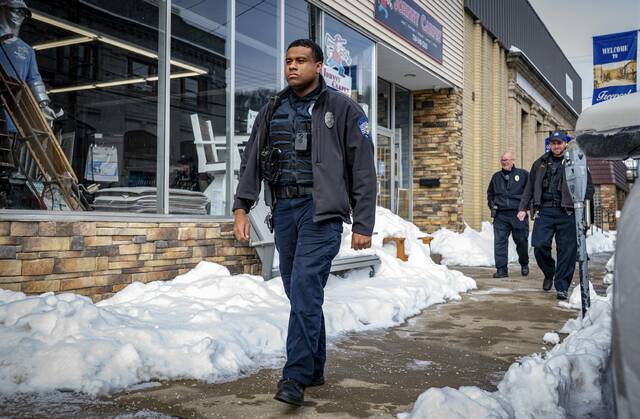Everyone knew there could be issues with the 2020 election.
Aside from the obvious political ramifications of a presidential battle that was four years in the brewing, there was a very technical situation at hand.
The U.S. Department of Homeland Security announced in 2017 that Pennsylvania was one of 21 states targeted by Russian hackers during the 2016 presidential election. While state and federal agencies didn’t find evidence of a successful breach of the state’s system, the potential was there, and steps to beef up the process were needed.
State Sen. Kim Ward, R-Hempfield, recognized that in calling for an audit at that time.
“The integrity of our entire election system and our entire democracy is at stake,” Pennsylvania Auditor General Eugene DePasquale said in 2018.
That would be why the state prioritized new voting systems for all counties that would ensure a paper trail, not just a hackable electronic record. In October 2019, Pennsylvania authorized up to $90 million to fund county expenditures for voting machines, on top of $14 million in federal and state funding approved in 2018.
Machines were reviewed and tested. After they were purchased, there were test runs for voters to see the new devices up close. It was a long game, with lots of prep.
So how did training the people fall by the wayside?
A Spotlight PA story by Tribune-Review’s Jamie Martines found that while the equipment was in place, the poll workers weren’t all ready.
Some Pittsburgh area workers said their polls were understaffed. Others had too many workers. Some people had to contact election offices repeatedly about working. A first-time worker was assigned to be judge of election with no experience — after training where she was told she didn’t need to pay attention to the section that was for the judges.
“It’s safe to say that with so many new poll workers and a new voting system, along with the heightened scrutiny and record-breaking turnout, that we have a lot to look at and much that we can improve upon before the municipal primary in 2021,” Allegheny County spokesperson Amie Downs said.
That’s true, and 2020 was an election that had record-breaking turnout that isn’t likely to be a problem next year. It doesn’t explain why more attention wasn’t paid to the people in the first place, though.
The elections happened, ballots were cast and counted. It’s all over except the lawsuits, and even most of those are done.
But if the state and the counties had paid as much attention to the execution of the election as the equipment, could it have been easier and more efficient?








